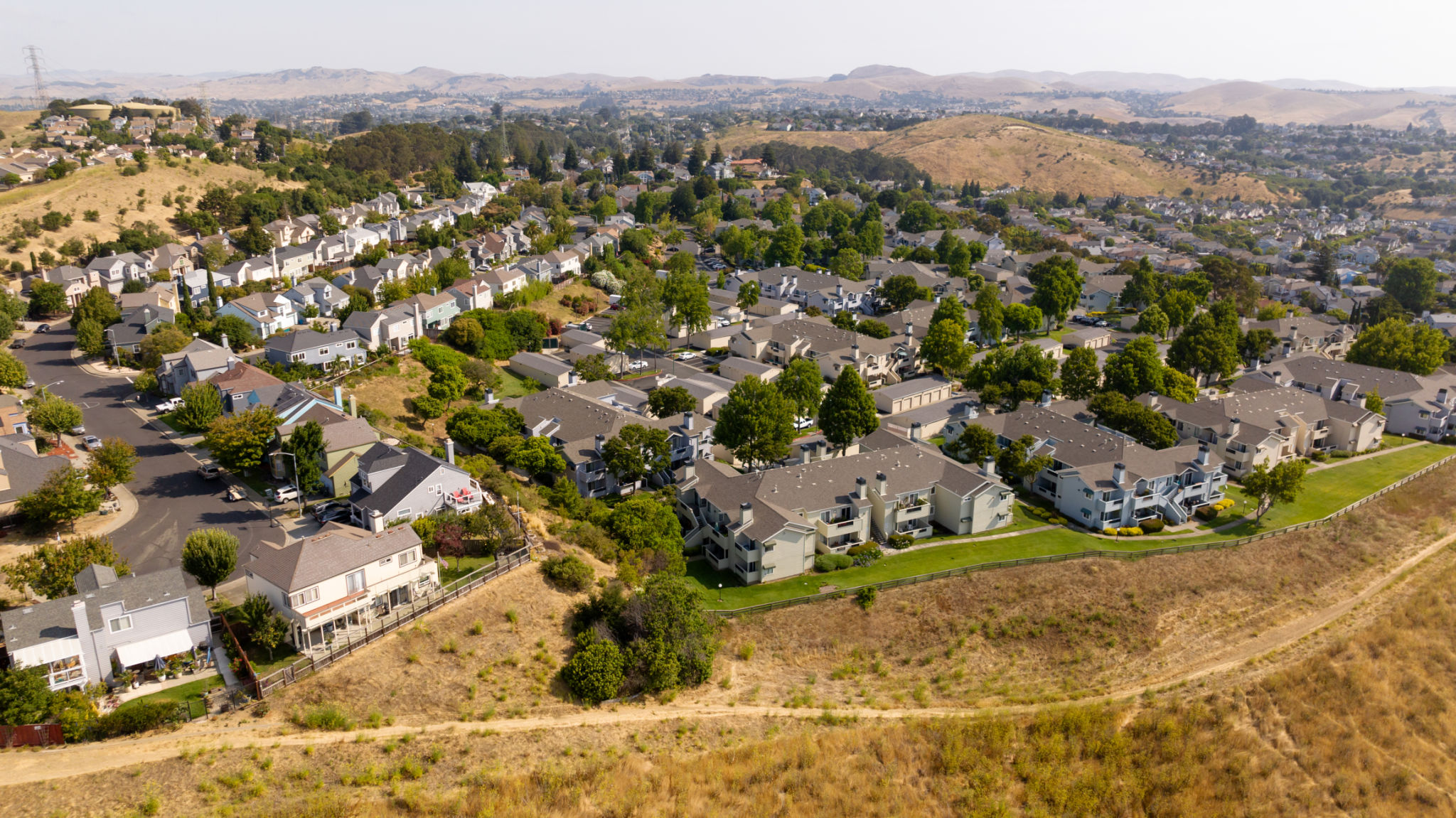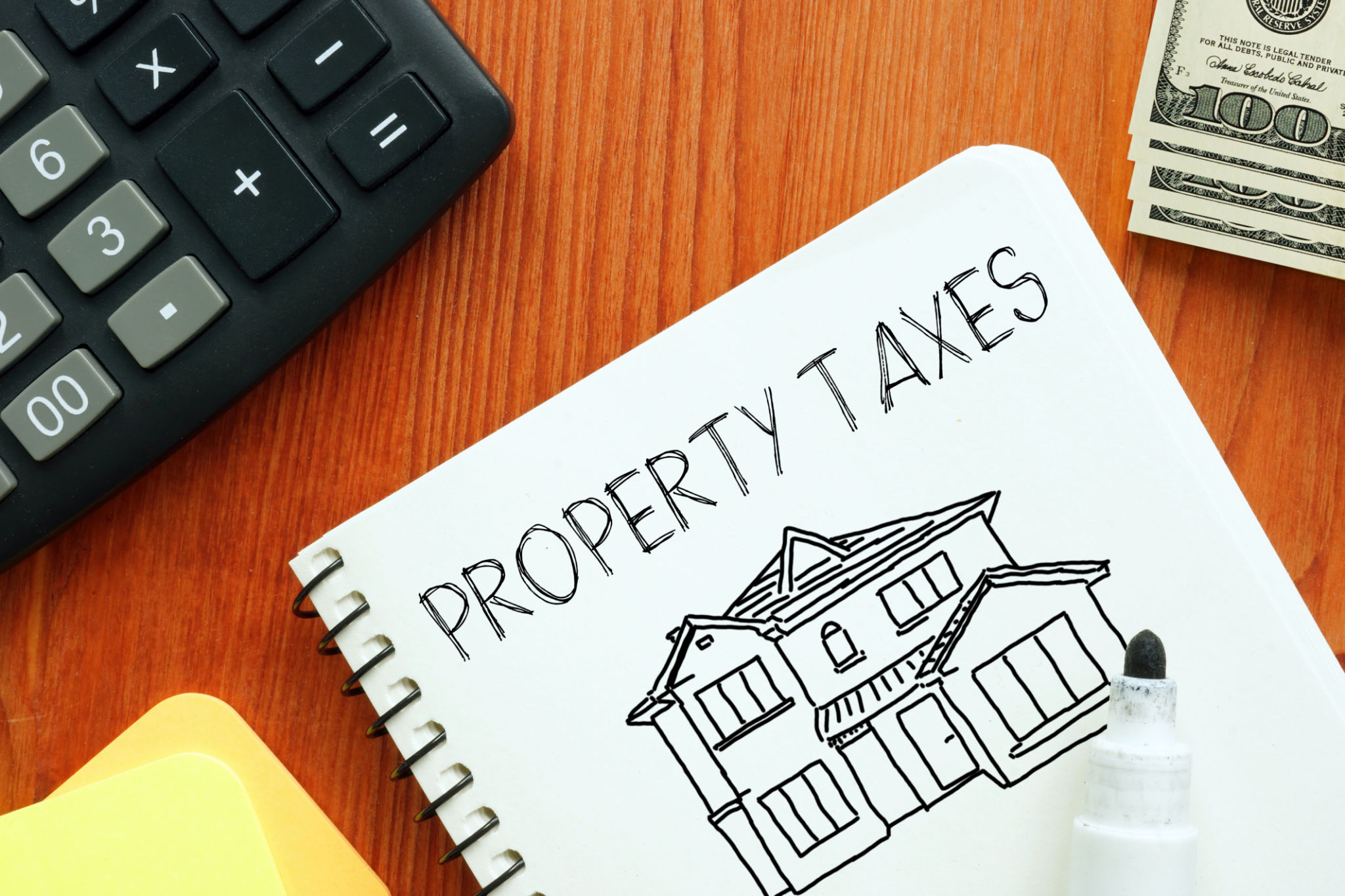Understanding Vallejo's Real Estate Regulations: A Home Buyer's Guide
Introduction to Vallejo's Real Estate Market
Located in the heart of the Bay Area, Vallejo, California, offers a unique blend of suburban charm and urban convenience. As a prospective homebuyer, understanding the real estate regulations in Vallejo is crucial to making informed decisions. This guide aims to simplify the complexities of Vallejo's real estate landscape.

Understanding Zoning Laws
Zoning laws in Vallejo are designed to regulate land use and ensure that properties are developed in a way that benefits the community. These laws dictate what can be built and where, affecting everything from residential homes to commercial buildings. It's essential to familiarize yourself with these regulations, especially if you're considering renovations or expansions.
The city is divided into several zoning districts, each with its own set of rules. For example, residential zones may restrict the type of structures you can build and the minimum lot size. Understanding these nuances can help you determine the feasibility of your real estate plans.
Permit Requirements
Before undertaking any construction or significant renovation, acquiring the necessary permits is mandatory. This process ensures that all projects comply with local building codes and safety standards. Common permits include those for electrical work, plumbing, and structural changes.

Failing to obtain the required permits can lead to penalties, fines, or even the need to reverse unauthorized work. It's advisable to consult with a local contractor or real estate professional who can guide you through the permitting process and ensure compliance with all regulations.
Property Taxes and Assessments
Property taxes in Vallejo are an important consideration for any homebuyer. These taxes are based on the assessed value of your property and fund essential services such as schools, public safety, and infrastructure. Understanding how property taxes are calculated will help you budget effectively for your new home.
Vallejo also levies special assessments for certain areas to fund improvements like street repairs or public amenities. These assessments can vary widely, so it's crucial to research any potential additional costs associated with your desired neighborhood.

Homeowners' Associations
In many Vallejo neighborhoods, homeowners' associations (HOAs) play a significant role in maintaining community standards. HOAs enforce rules regarding property appearance, landscaping, and shared amenities. As a member, you'll be required to pay dues and adhere to these guidelines.
It's vital to review the HOA's bylaws and financial health before purchasing a home in an area governed by one. Understanding the scope of their authority and any restrictions will prevent future surprises.
Navigating Real Estate Disclosure Laws
California law requires sellers to disclose specific information about the property's condition and history. These disclosures include details about past repairs, environmental hazards, and any legal disputes involving the property. Reviewing these documents thoroughly will provide insight into potential issues and help inform your buying decision.
If any red flags arise, consider consulting with a real estate attorney to ensure all your questions are adequately addressed, protecting your investment.
Working with Real Estate Professionals
Given the complexities of Vallejo's real estate regulations, working with experienced real estate professionals can be incredibly beneficial. Agents familiar with the local market can offer invaluable advice on neighborhoods, pricing trends, and negotiation strategies.

Additionally, a knowledgeable agent can assist with paperwork, ensuring that all forms are completed accurately and submitted on time. This guidance can streamline the buying process and help you avoid potential pitfalls.
Conclusion
Understanding Vallejo's real estate regulations is key to a successful home purchase. By familiarizing yourself with zoning laws, permit requirements, property taxes, and more, you can navigate the market confidently. Whether you're a first-time buyer or a seasoned investor, being informed equips you to make decisions that align with your goals and ensure a smooth transition into your new home.
